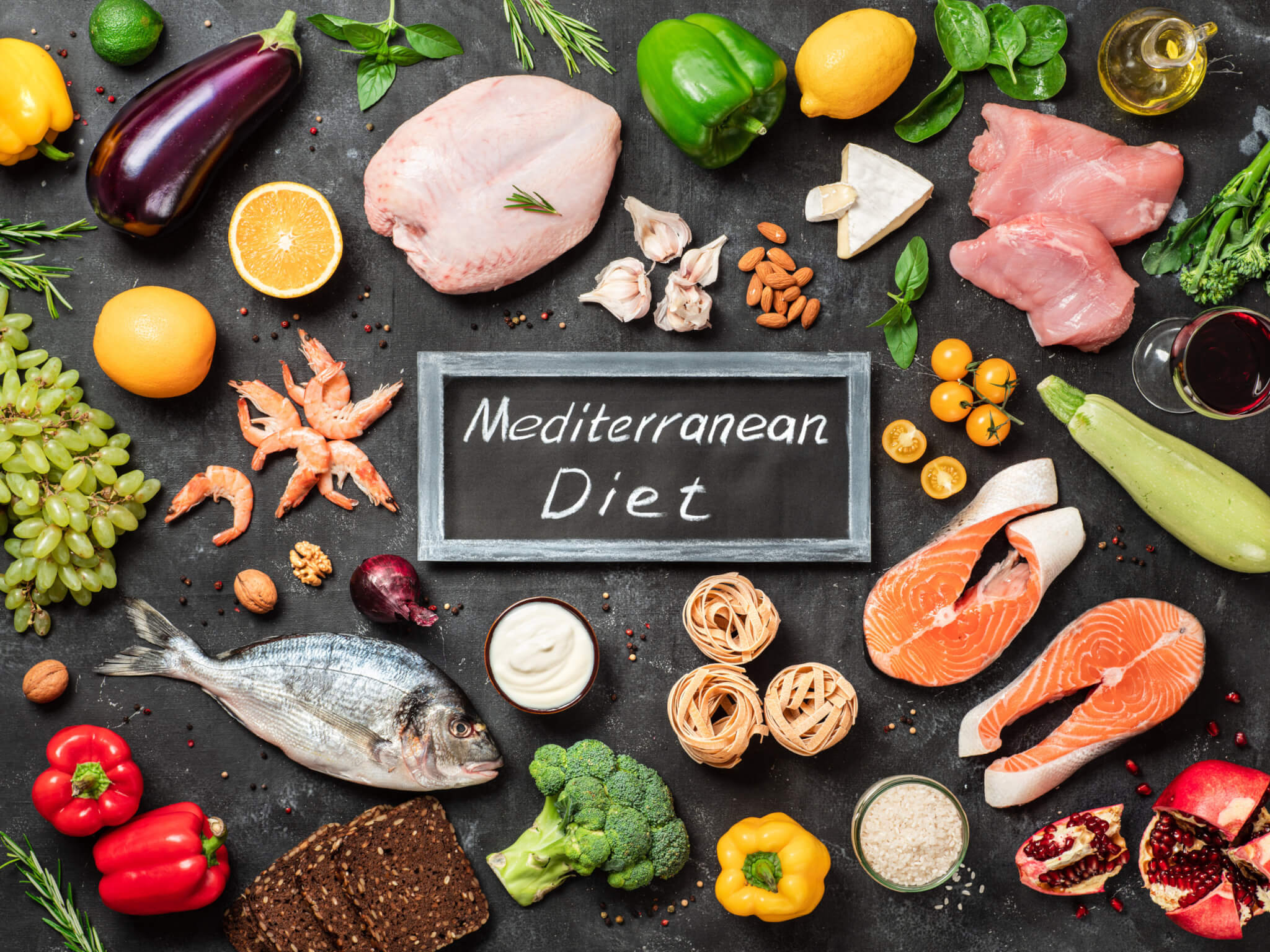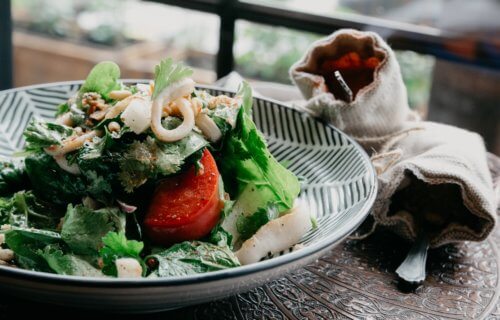BEER-SHEVA, Israel — A greener version of the Mediterranean diet may be even better for your vascular health than the original dieting craze. Researchers have found that this plant-based version of the Mediterranean diet is twice as effective in combating and reducing the dangers of life-threatening blood vessel stiffness.
The traditional Mediterranean diet includes whole grains, fruits, vegetables, seafood, beans, olive oil, nuts, some red meat, and wine. Meanwhile, the green variant of this diet emphasizes an increased intake of nuts, replaces red meat with a green duckweed shake, and includes drinking three to four cups of green tea daily.
An 18-month trial involving 300 participants reveals that this enhanced intake of polyphenols, plant-based micronutrients, led to a 15-percent reduction in blood vessel stiffness. In comparison, the traditional Mediterranean diet achieved a 7.3 percent reduction, while a standard healthy diet reduced stiffness by just 4.8 percent.
Researchers from Ben-Gurion University of the Negev in Israel have identified that proximal aortic stiffness (PAS) is an indicator of vascular aging and heightened cardiovascular risk. The study compared the green Mediterranean diet with the traditional Mediterranean diet and a control diet recommended by health guidelines.

(© fascinadora – stock.adobe.com)
“A healthy lifestyle is a strong basis for improving cardiometabolic health. We learned from the results of our experiment that the quality of the diet is crucial for mobilizing atherogenic adipose tissues, lowering cardiometabolic risk, and improving one’s adiposity profile,” says lead author, Professor Iris Shai from the university, in a media release. “Dietary polyphenols, substituting red meat with equivalent plant-based protein, show promise for improving various aspects of human health.”
The green Mediterranean diet in the study consisted of a daily intake of 28 grams of walnuts, three to four cups of green tea, and one cup of Wolffia globosa (Mankai) plant-based green shake made from duckweed for 18 months. Mankai, an aquatic green plant, is rich in bioavailable iron, vitamin B12, over 200 types of polyphenols, and protein, making it an excellent meat substitute.
This study is the first to demonstrate a significant diet-induced effect on age-related proximal aortic stiffness.
“Maintaining a healthy diet alone is associated with PAS regression. The green Mediterranean diet provides a 15 percent dramatic reduction in PAS, which is gained by making simple and feasible changes to your diet and lifestyle,” adds co-author Dr. Gal Tsaban, a cardiologist from Soroka University Medical Center. “The results of our study highlight, once again, that not all diets provide similar benefits and that the green Mediterranean diet may promote vascular health.”
The research is published in the Journal of the American College of Cardiology.
You might also be interested in:
- More than a diet: Mediterranean lifestyle linked to lower risk of death
- ‘Green’ Mediterranean diet burns twice as much visceral fat than the original version
- ‘Longevity diet’ may help people live longer by fasting for half the day, banning red meat
South West News Service writer Jim Leffman contributed to this report.




Eating vegetables is good for you….
Shocker.
Fermented red meat is good for you but that is hard to come by. Grains like whole wheat attack the intestinal surface and make it permeable to bad bacteria and intestinal material. This slides into the blood stream and causes auto-immune reactions that are very harmful.